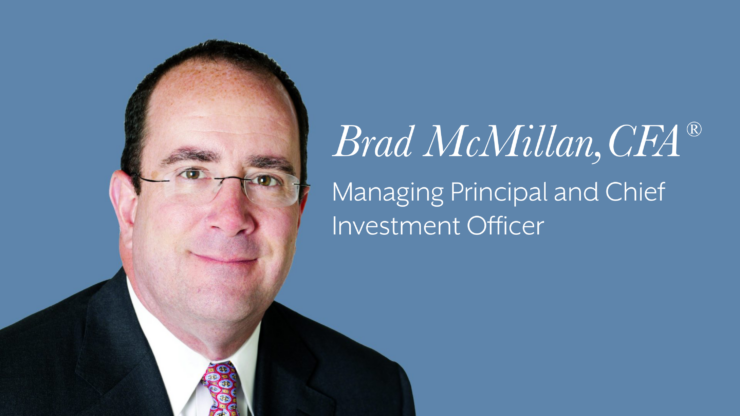Private Sector Trends: Employee Financial Wellness
February 27, 2019
Financial wellness training and tools have emerged as attractive workplace benefits in recent years. Companies that help employees improve their money management skills, manage debt, and alleviate financial stress and worry can reap dividends in the form of increased productivity and job satisfaction.
A recent Federal Reserve study found that four in 10 American adults said they would be hard-pressed to cover an unexpected expense of $400. They would either not be able to pay the bill, or would have to sell something or borrow money to meet the expense.1
One of the biggest worries employees cited in a recent PwC study was that they might have to withdraw money from a retirement plan to pay for expenses other than retirement. More than one in four have already done so, and 42 percent think it’s likely they will have to tap their plan to cover expenses before retirement. The impact of early withdrawals on retirement planning can be devastating.2 When a retirement plan becomes an emergency fund, that is a clear sign an employee has work to do to achieve real financial stability.
Companies have been adding financial wellness programs to their benefit menus for years, but the trend accelerated dramatically following the Great Recession of 2008-9.
In 2018, 48 percent of organizations offer financial advice for their employees, up from 28% just four years earlier, according to a survey by the Society for Human Resource Management. Financial advice is delivered online (35 percent), one-on-one (34 percent), or in a seminar or classroom setting (29 percent).3 To improve participation rates, more and more companies are offering these programs during work hours, rather than outside of the work day.
And there is no doubt that financial anxiety is widespread. In all, 47 percent of employees reported feeling stressed in connection with their financial situation, according to 2018 study by PwC.4Concern was more pronounced among Millennials (ages 21 to 36) and Generation X (ages 37 to 57) than among Baby Boomers (ages 58 to 75.)
Many nonprofit and government agencies across Maryland are committed to improving the financial wellness of workers and may offer free information. But while providing basic information is a good way of starting the conversation, it takes a more comprehensive approach for a financial wellness program to begin transforming employees’ lives.
A more robust approach is to offer an individualized program to help workers achieve financial well-being. A needs assessment is a helpful starting point; using quizzes and other evaluations, the assessment can help to ensure that the tools and training a company offers are appropriately tailored to needs in the workplace. Informative seminars can be calibrated to meet the requirements of specific audiences—whether Baby Boomers, Gen X-ers, or Millennials, whether entrepreneurs or corporate executives, and whether hourly or salaried wage earners.
In our experience, well-designed and carefully targeted classes and seminars can be extremely effective in helping employees build their understanding of personal finance. From introductions on financial terms to seminars on getting out of debt or buying a home, the key for employers is to offer training and tools that workers can actually apply in their households.
Offering financial wellness benefits can be a great differentiator for an employer and a strong signal that the company is a champion for its workers.
Let the Certified Financial Planner® professionals at Williams Asset Management help with your wealth management needs. Whether you need comprehensive and holistic financial planning or investment management, we can help! We are fee-based, independent financial advisors located in Columbia, the heart of Howard County, Maryland. Schedule your complimentary consultation today by calling (410) 740-0220!
1https://www.federalreserve.gov/publications/files/2017-report-economic-w…
2https://www.pwc.com/us/en/private-company-services/publications/assets/p…
3https://www.shrm.org/hr-today/trends-and-forecasting/research-and-survey…
4 https://www.pwc.com/us/en/private-company-services/publications/assets/p…
Share on social media:


